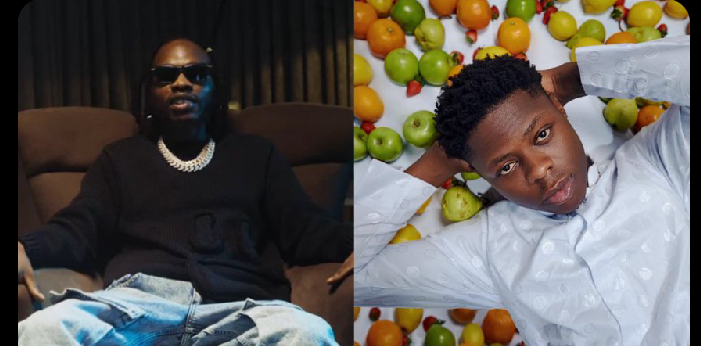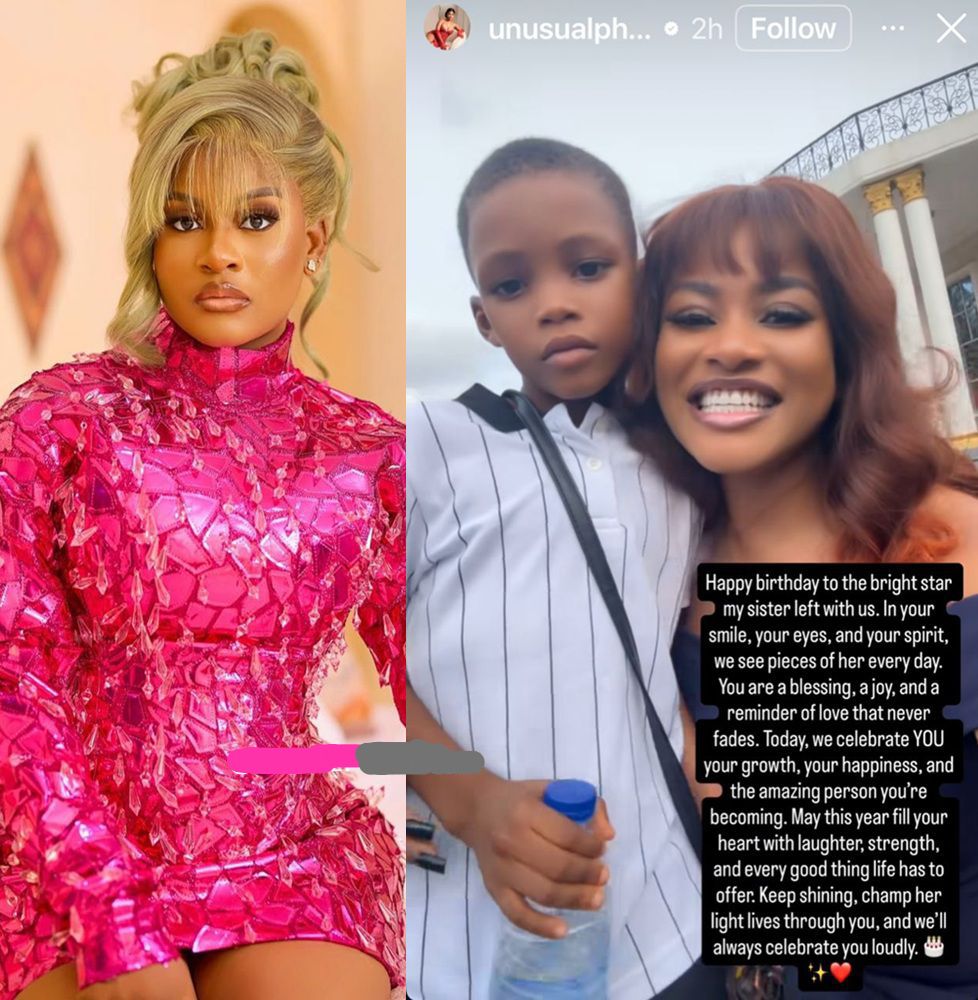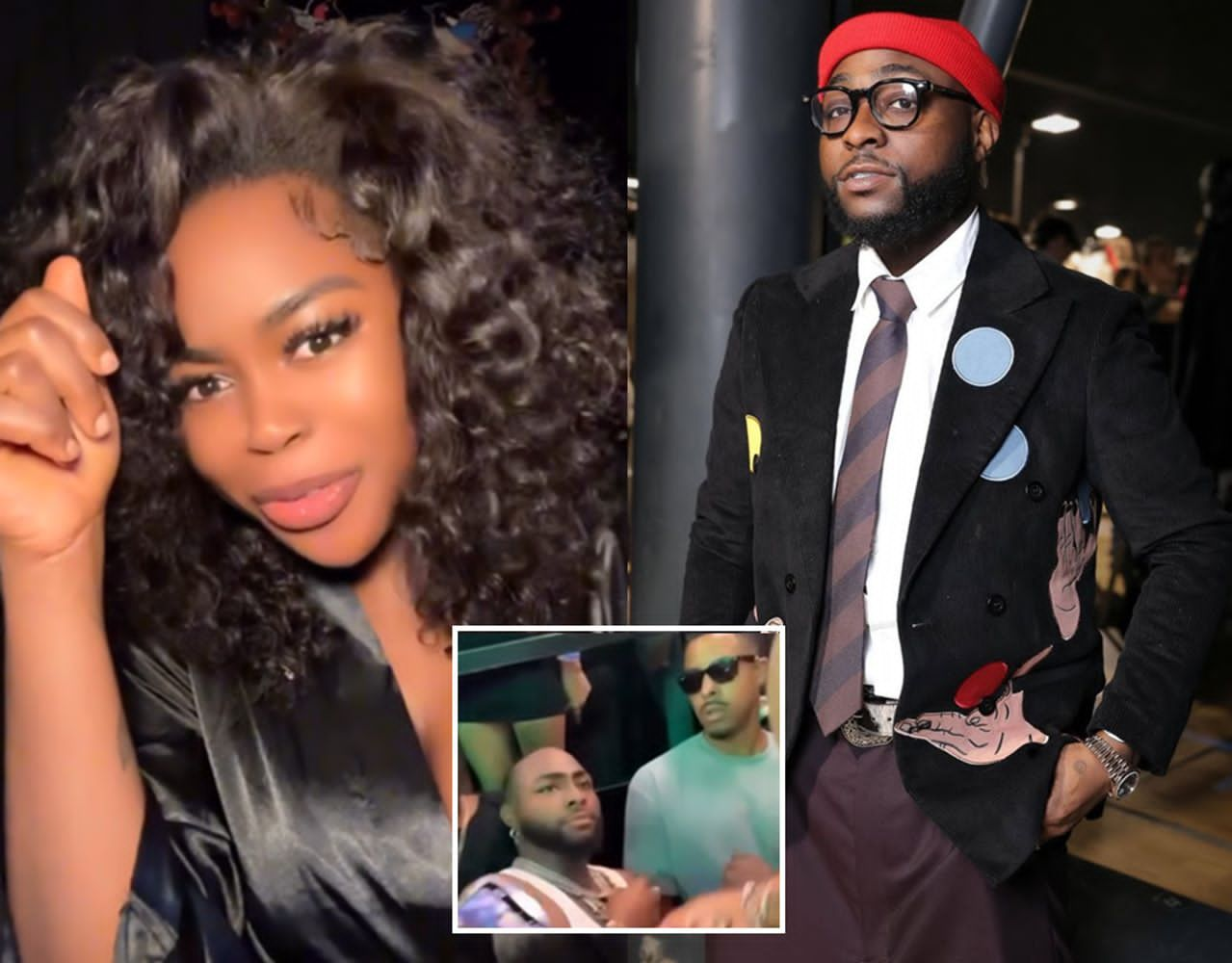
Naira Marley Breaks His Silence: Inside the Confession He’s Been Holding Back

Two years after the tragic loss of his former signee Mohbad, renowned fast-rising Nigerian music executive Naira Marley has finally emerged from the shadows, laying bare his truth amid a storm of public opinion. In a stunning string of revelations released today, he recounted the chaos and disbelief that followed Mohbad’s sudden passing, offering a deeply personal perspective of pain, defiance, and lingering questions. His words, filled with a mix of regret and anger, have now become one of the most talked-about moments in Nigeria’s entertainment scene, as many had waited anxiously to hear his side of the story after months of silence.
The world turned upside-down for Marley on September 12, 2023—the day Mohbad died. The news overwhelmed him while he was dining in a restaurant in Amsterdam, far away from Nigeria where the tragedy unfolded. He described the moment as surreal, a piece of information too painful to believe and too heavy to absorb. At first, Marley assured himself it was a “lie,” a clout-seeking rumor he dismissed outright. “Someone among us said, Mohbad dead. I looked at him. I said, ‘It’s a lie, man, he wants to blow again,’” he recounted, recalling how he ignored the rumors even as InstaBlogs and news handles plastered headlines that claimed Mohbad had died from an “ear infection.” Within hours, the whispers became storms, and blame began to spiral in real time across every corner of the internet.
As the frenzy escalated, social media’s tide turned sharply against him. Suddenly Marley found himself painted as the villain. “Boom, on Twitter everybody just switched and started saying that Naira Marley… you have killed him.” From hashtags to endless posts, he became the face of accusation overnight. Viral footage of past altercations, including NDLEA raids and fiery disputes with managers, resurfaced and were weaponized to shift the narrative while he was completely out of the country. To him, it felt like drowning in an ocean of suspicion with no one willing to extend a hand. He described it as one of the darkest periods of his life, when the noise of public judgment grew so loud it muted his own grief.
Adding to the upheaval, Marley revealed a shocking confession: Mohbad had privately admitted to him about being introduced to “hard substances” by certain friends—specifically a drug referred to as “Ice.” Marley insisted he strongly advised Mohbad to quit, warning him that such substances could derail his promising career and harm his health. According to him, Mohbad acknowledged the exposure and said stress had been the trigger that made him experiment. The revelation, while controversial, appeared aimed at shedding light on the struggles the late singer faced behind the cameras, struggles that many fans may not have fully understood.
But the revelations did not end there. In another striking disclosure, Marley addressed the confusing financial transactions tied to an account that did not bear Mohbad’s name. Instead, the account was linked to his mother-in-law, Adesanya Justina Olajumoke. According to Marley, Mohbad told him it was his account, yet the mismatch in names raised suspicion. “He said it was his mum’s account… I was like what’s going on,” Marley recounted, demanding clarity in what has now become a knot of confusion. This revelation has since opened another chapter in the long list of questions surrounding Mohbad’s finances and the management of his earnings, with many fans online debating whether this detail points to deeper, unresolved family issues.
Though these disclosures stop short of providing full context, they reflect the turbulence Marley has weathered—framed by grief, finger-pointing, and the unresolved hurt of not being able to mourn publicly without condemnation. With authorities having cleared him and his associates of criminal culpability after months of investigation, these moments may represent his appeal for mercy and understanding, even if delivered through the unpredictable currents of social media. He portrayed himself not as an aggressor, but as someone who cared deeply for Mohbad and felt betrayed by how quickly the world turned on him.
Throughout his discourse, Marley maintained that he was never in Nigeria when Mohbad passed, challenging the narratives that linked him directly to the tragedy. His tone blended sorrow with wounded pride: he was forced into defense when all he wanted was to grieve. In his words, being accused of killing someone he had once called a brother was a burden he could never have imagined carrying. For him, it wasn’t just about clearing his name—it was about reclaiming a piece of dignity that the storm of social media outrage had taken away.
The public reaction to his statements has been a kaleidoscope of empathy, skepticism, and outright hostility. Some commenters appeared to soften, grudgingly sympathizing with the pain of rumor and judgment. They pointed out that being wrongfully accused of something as grave as murder could break anyone. Others, however, remain adamant, accusing him of orchestrating lingering confusion and refusing to acknowledge the damage done during his years with Mohbad under Marlian Music. Critics argue that his statements are too little, too late, and that true accountability cannot be found in carefully crafted confessions after the dust has settled.
Still, what emerges today is not absolution, but a fissure of recognition: that pain, accusation, and grief can be messy when filtered through public platforms. Naira Marley’s confession reveals a man cornered by gossip, burdened by questioning, yet still seeking to speak—however imperfectly—to reclaim a fragment of humanity in a public feud. The scars of the ordeal are likely to remain for years to come, not just for Marley but for all those who loved Mohbad and felt the impact of his sudden departure.
Whether his confessions will sway public opinion remains uncertain. What is clear is that the conversation surrounding Mohbad’s death and Naira Marley’s role in the aftermath is far from over. Every new revelation seems to open another layer of questions, and every word Marley utters is dissected with the sharp edge of public scrutiny. But for Marley himself, speaking out today may represent more than just a defense—it may be his way of finding closure, of finally confronting the ghosts that have haunted him since that fateful day in September 2023.
In the end, the confession is as much about Mohbad as it is about Marley. It underscores the fragility of fame, the dangers of silence, and the cost of unresolved conflict in the world of entertainment. The storm may rage on, but Naira Marley has finally chosen to stand in the rain and speak, even if his words continue to divide.


